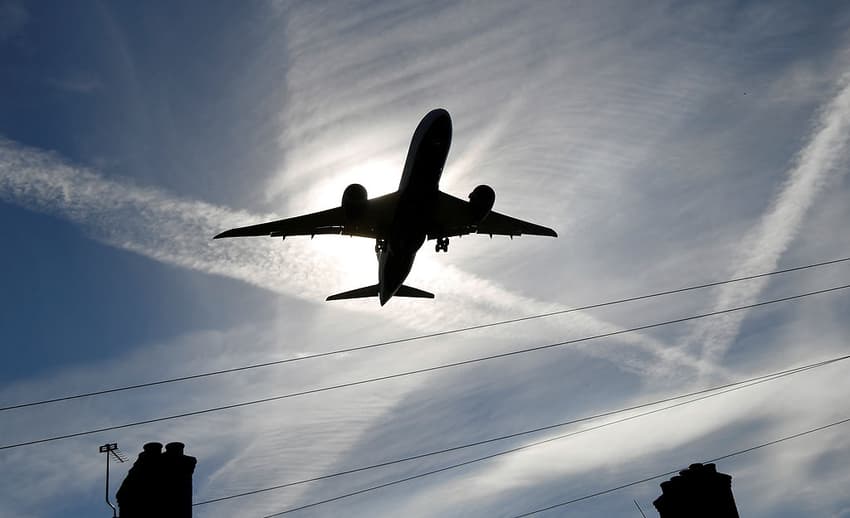The abrupt ban was announced by the Transport Department overnight shortly after 0200 GMT, and took effect at 0400 GMT.
"This decision to act quickly follows on from health authorities in Denmark reporting widespread outbreaks of coronavirus in mink farms," Transport Secretary Grant Shapps said on Twitter.
"Keeping the UK public safe remains our top priority," he said.
Advertisement
Denmark on Wednesday announced the mutation had jumped from minks to humans and infected 12 people in the country's north.
It has warned that the mutation could threaten the effectiveness of any future vaccine for Covid-19, and has ordered the slaughter of all of the country's roughly 17 million minks.
Under the British ban, UK citizens and permanent residents returning directly or indirectly from Denmark will now need to self-isolate for 14 days, along with everyone else in their household.
No other foreigners can come in to Britain from Denmark.
The requirements will be reviewed after a week, the Transport Department said, just a day after removing Denmark from a safe travel list but stopping short of an outright ban.
"From tonight, citizens in seven areas of North Jutland are strongly encouraged to stay in their area to prevent the spread of infection," Frederiksen told a news conference on Thursday, adding that people were being ordered not to travel there, while bars and restaurants would also shut.
"We are asking you in North Jutland to do something completely extraordinary," Frederiksen said, talking of a "real closure" of the region.
"The eyes of the world are on us," she added.
READ ALSO:

Join the conversation in our comments section below. Share your own views and experience and if you have a question or suggestion for our journalists then email us at [email protected].
Please keep comments civil, constructive and on topic – and make sure to read our terms of use before getting involved.
Please log in here to leave a comment.